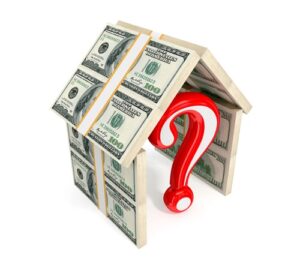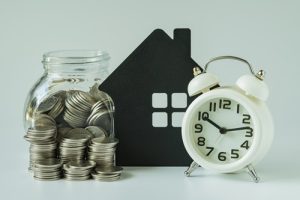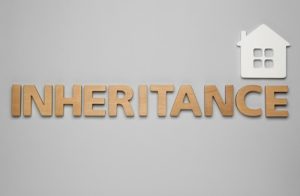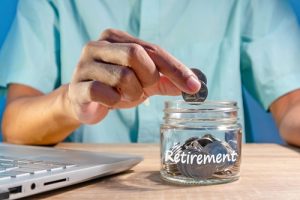
A reverse mortgage allows homeowners to tap into their home equity while continuing to live in their property. Many believe waiting longer to secure a reverse mortgage leads to better financial benefits. While this may seem logical, the reality is quite different. In fact, acting sooner often provides greater flexibility, financial security, and long-term benefits.
If you’re considering this type of mortgage, now could be the perfect time to explore your options. Here’s why delaying might not be the best approach.
What Is a Reverse Mortgage?
A reverse mortgage in Columbia SC is a home-secured loan available to homeowners 62 and older. Unlike traditional mortgages, this type of loan does not require monthly payments as long as the homeowner meets all loan obligations, such as property maintenance and tax payments. You pay back the loan when the home is sold or once the borrower does not consider it as their primary residence anymore.
Homeowners can access funds from this type of mortgage in several ways, allowing flexibility based on their financial needs. One option is a lump sum payout, which provides the entire loan amount upfront. This is ideal for those who need a large sum immediately, whether for home renovations, medical expenses, or debt consolidation.
Read More Reverse Mortgage: Why Acting Now Could Be a Smart Financial Move









